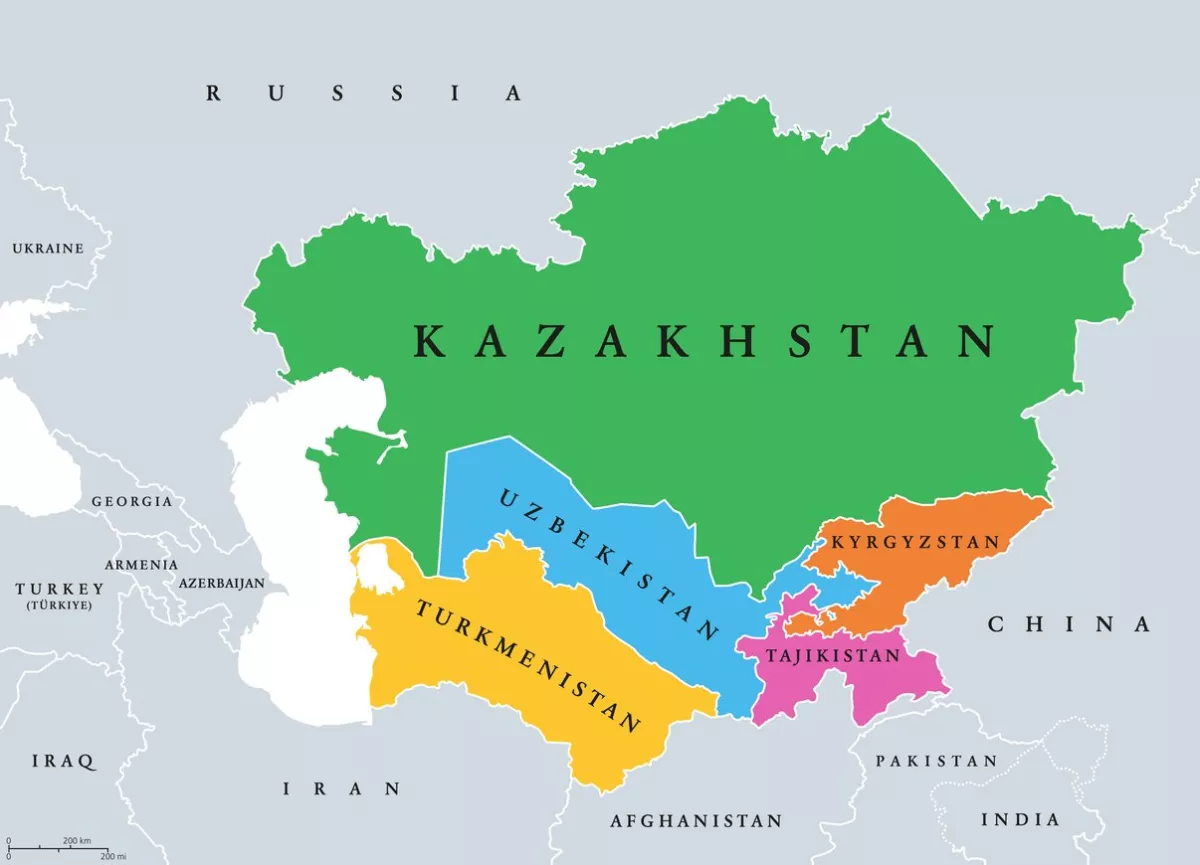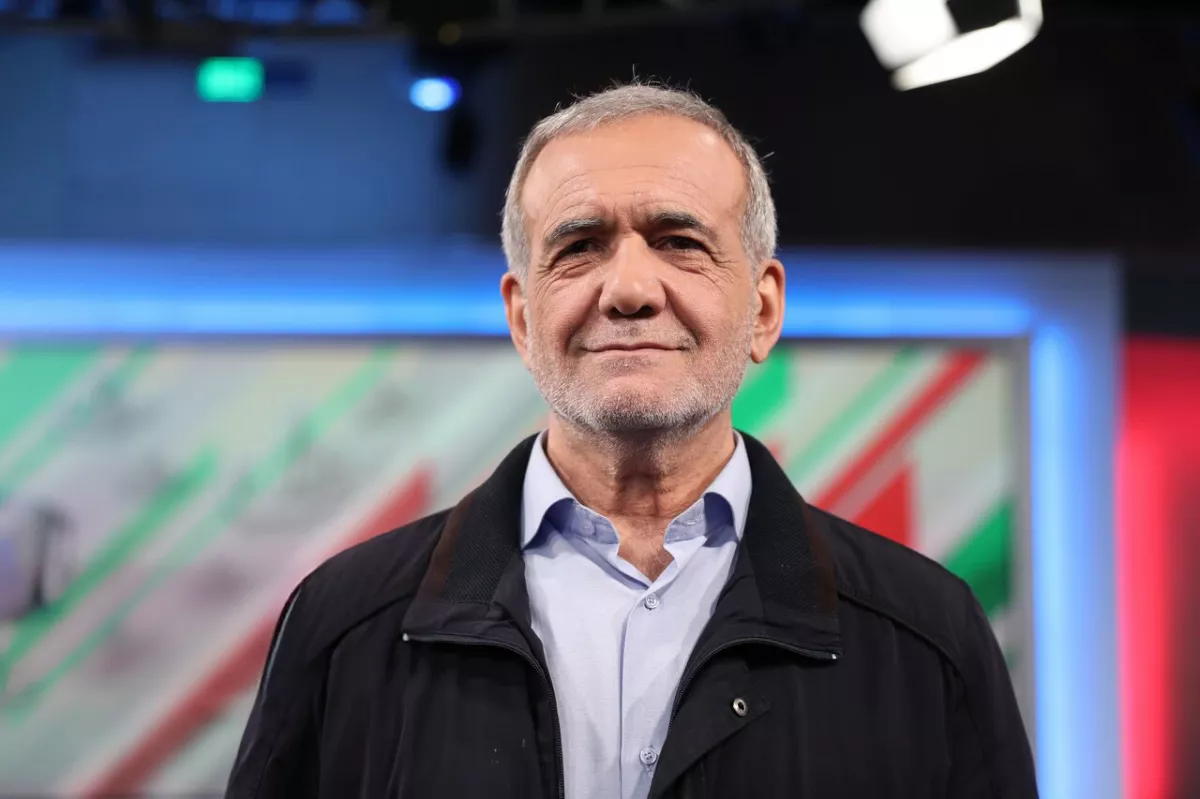Is Iran able to be a major power in Central Asia? Influence and trade balance
Almost a year after Russia invaded Ukraine, the Central Asian region continues to grapple with the ripple effects of the changing geopolitical environment. With Russia focused on Ukraine, new opportunities have emerged for engagement in a region that was under Moscow's sway until recently. The partial influence gap left by Russia in Central Asia since 2022 paved the way for the emergence of other regional players, including Iran.
Although Iran’s long-term confrontation with the West and imposed international sanctions prevented it from being the leading regional powers. Over the last two years, Tehran has aimed to bolster its influence in Central Asia, believing that regional shifts and broader geopolitical changes make this a crucial objective. Indeed, there are several reasons for Tehran’s rising interest in Central Asia. For example, Russia's waning influence in the region opened more space for its maneuvering. Moreover, Tehran's concerns regarding the growing soft power of Türkiye in Central Asia are based on common historical, cultural, and linguistic factors.
In terms of security, Tehran is concerned that instability in Afghanistan could trigger broader destabilization in Central Asia, potentially leading to clashes along the Iranian border and a surge of refugees into Iran. Consequently, Tehran has always tried to create its sphere of influence in the region by exploiting commercial and historical-cultural aspects, though it cannot exert the same pressure in the economic, political, and military fields as Russia or China.

On the other hand, China and Türkiye continue to consolidate and further their respective positions in the region as part of a broader reshaping of the regional order. Particularly, since 2020, Ankara and Beijing have increased the number of joint projects with the regional states by investing heavily in critically important energy and logistics infrastructure. While Iran pushes forward for greater engagement in Central Asia, the regional economies will likely view involvement with Iran as a risk due to political uncertainty associated with Iranian cooperation.
Simultaneously, it found an opportunity to establish a bilateral partnership format with regional countries, particularly Turkmenistan. For most of its just over 30 years of independence, Turkmenistan has been left out of discussions on Central Asia and both north-south and east-west transportation routes linking the region to the rest of the world. Over the last two years, however, the situation has changed dramatically as Ashgabat has opened up and assumed a more active role internationally.
Indeed, Turkmenistan is a viable transit country for Iran toward Central Asia due to geographical and historical proximity. Despite the recent diplomatic ties, Tehran-Ashgabat relations have long remained fraught, mostly because of the pricing of gas imported from Turkmenistan. Nonetheless, the systematic crisis in bilateral relations did not put a pause on the partnership. With the recent victory of Masoud Pezeshkian in the presidential elections in Iran, the reformist's wing began making more positive statements toward neighboring countries.

Masoud Pezeshkian
As for the partnership with Kazakhstan, Tehran views it as a strong and dynamic partner with great economic achievements. Currently, the country has become a significant exporter of oil and gas, which determines the prerequisites for cooperation with Iran. Iran's financial interest in cooperation in this sphere consists of importing Kazakh oil to meet the needs of actively developing regions in the country's north. In addition, Kazakhstan has repeatedly hosted negotiations on the Iranian nuclear program. Trade turnover between the two countries has increased significantly since the opening of the Eastern Caspian railway line in 2014.
Unlike other regional states, Iran wields significant soft power influence in Tajikistan. Tajikistan has shown interest in accessing Iran’s seaports, particularly Chabahar and Bandar Abbas, for the transportation of goods and products. Despite the former's close ties to China, Tajikistan effectively plays an Iranian stronghold in Central Asia. However, compared to Chinese influence, Tehran does not possess a robust mechanism for shaping Dushanbe's domestic policy.
Undoubtedly, Iran aims to bolster influence in the region following attempts to recalibrate the regional dynamics and increase leverage, at least over Central Asia. However, the strong presence of China, Türkiye, and Russia will continue to pose significant obstacles for the foreseeable future.








